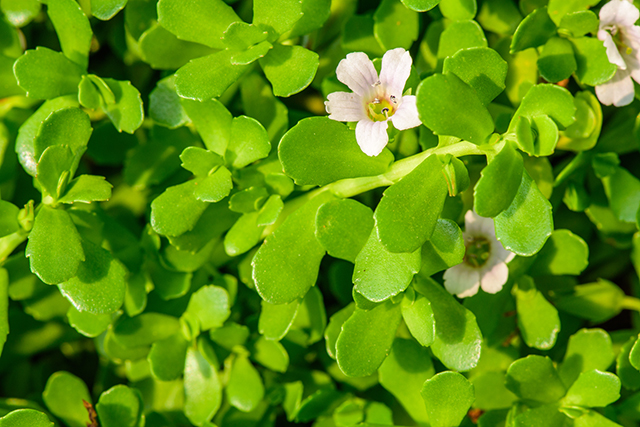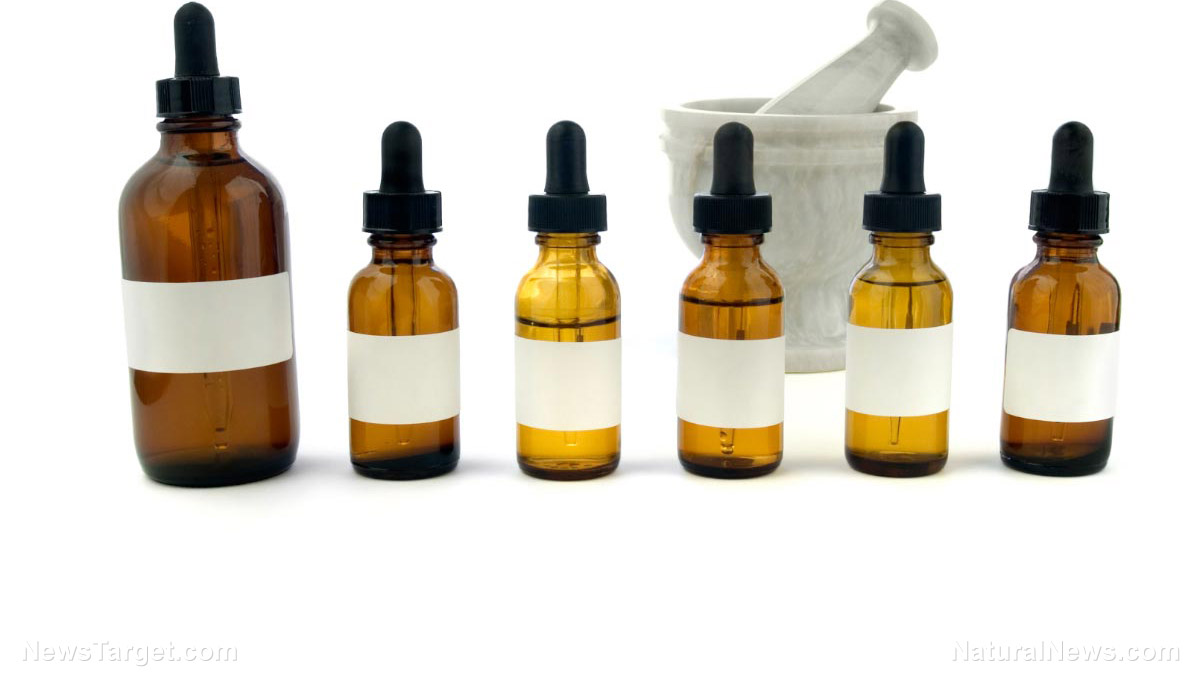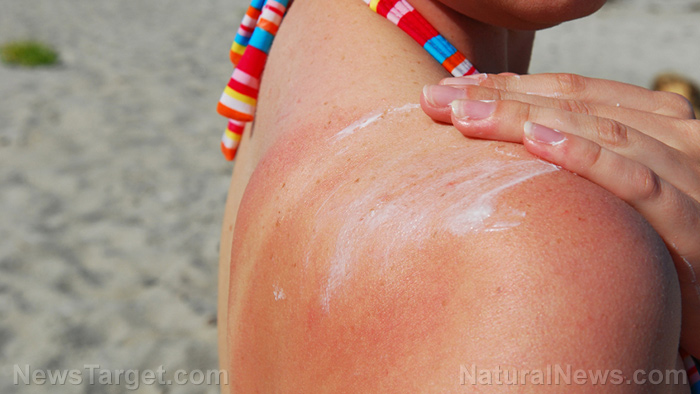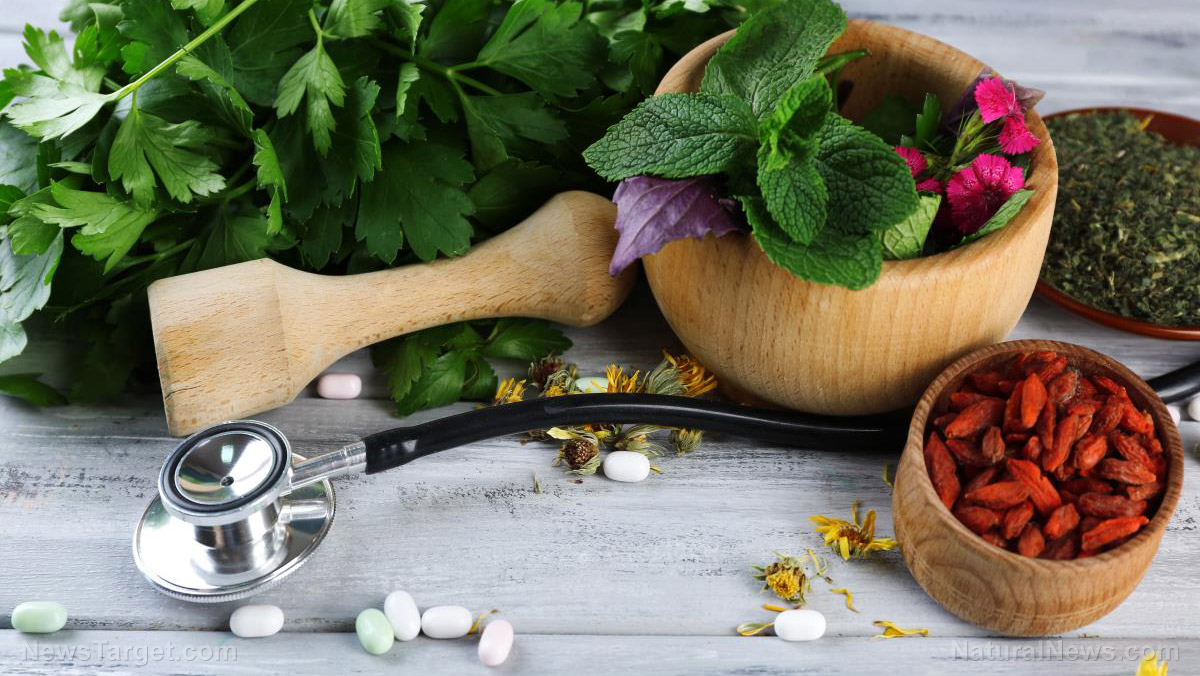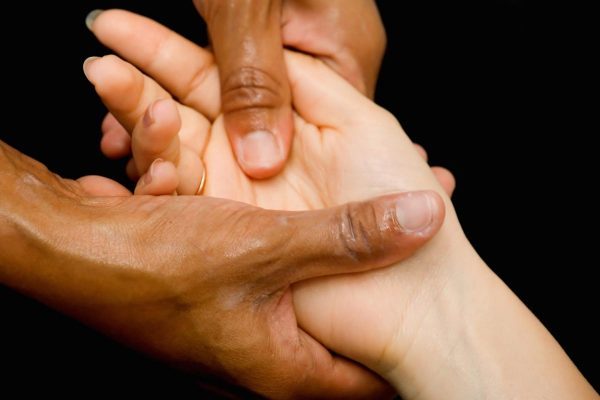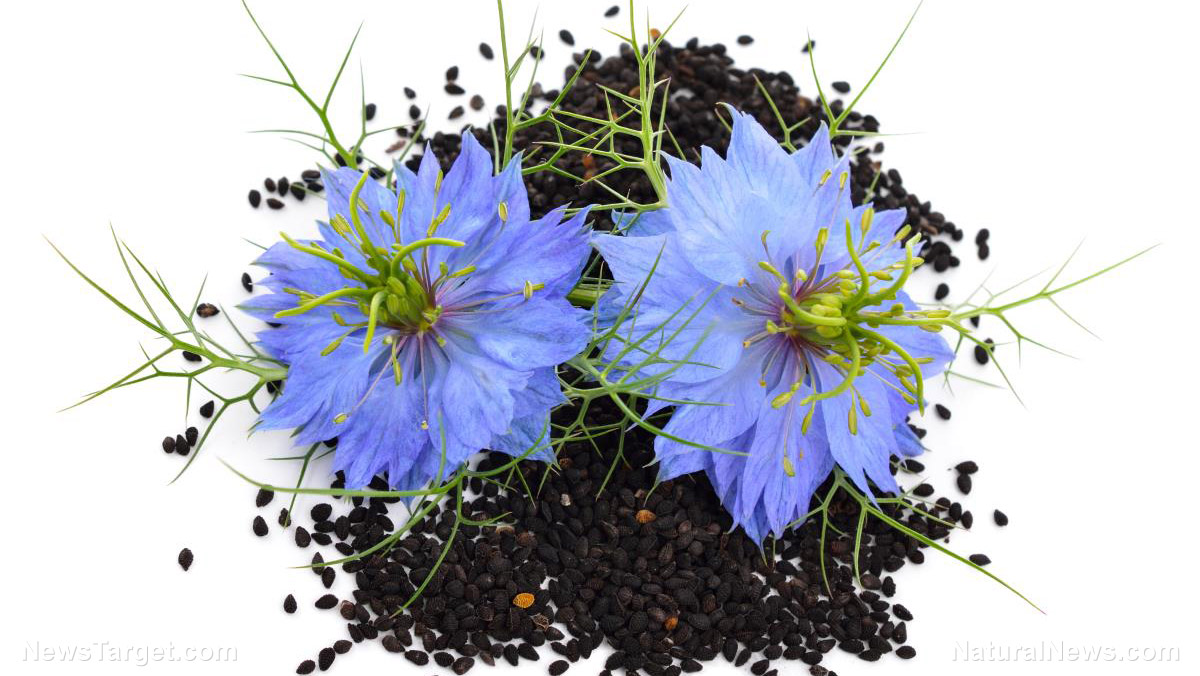01/24/2018 / By Ralph Flores
Everyone has their own “cure-all” for almost any condition. They swear that it works, so when you feel sick, you may expect to hear something like this:
“Coming down with a cold? Try chicken soup.”
“Got a sore throat? Gargling with salt helps.”
“Had too much to drink? Hair of the dog cures a hangover!”
“Hair of the dog” – which means to have another drink – to cure a hangover, as well as other remedies that we’ve picked up at home (or from friends) may seem quirky at best or just downright weird. Still, the question remains – are they backed up by science? These and other popular cure-alls in the U.K. were put to the test in a Daily Mail article to see which ones work.
- “Hair of the dog” helps with the hangover. A battle cry for drinkers everywhere, having a “hair of the dog [that bit you]” – that is, having another shot of alcohol to cure your hangover – doesn’t have any research that supports this claim. There’s a scientific process for hangovers, though. When you drink alcohol, it’s broken down in the liver to produce a toxic chemical called acetaldehyde, which is broken down even further by an enzyme called alcohol dehydrogenase so that it becomes acetic acid. Some studies suggest that hangovers happen when your body cannot produce enough enzymes to break down acetaldehyde, while others indicate that this could be a result of immune factors. In any case, if you must drink a lot, try not to smoke or deprive yourself of sleep while you’re at it – these two are proven to make your hangovers worse.
- A couple of drops of olive oil helps with stubborn earwax. While most people think it’s unsightly, earwax has a vital role in ear function – that is, trapping germs and dirt from going any deeper in your ear canal and damaging organs in your middle or inner ear. It’s a natural bodily function, but if you ever find yourself with an earwax buildup, the National Health Service (NHS) recommends olive oil: “If it doesn’t and blocks your ear, put 2 to 3 drops of olive or almond oil in your ear twice a day for a few days.” However, if you have an ear condition (like a ruptured eardrum) or an infection, consult your health practitioner before doing this.
- Carrots are good for the eyesight. While this claim is mainly based on propaganda from World War II to hide the presence of radars in the British Royal Air Force, there’s some truth behind it. According to an article in Berkeley Wellness, while carrots are rich in beta-carotene which is converted to retinal (a form of vitamin A), most people already have enough vitamin A in their diet. Still, there are other benefits that you can get by eating carrots, such as lower cholesterol levels, reducing cognitive decline, and preventing diabetes.
- Gargle salty water to relieve a sore throat. According to experts, gargling with salt creates a “high-salt barrier” which helps pull fluid from the tissues in the throat area like a magnet. A study also found that it helps provide relief from mouth sores, in specific doses.
- You can sweat out to beat the flu. If a fever is the body’s way to kill a virus, then it makes sense to go to the gym to raise your temperature, right? It doesn’t work that way, according to experts. When the body raises its temperature naturally to fend off sickness, “forcing it won’t help.” Instead, studies show that resting is a better alternative to get yourself back on your feet.
- A nightcap helps you sleep better. Experts say that having a drink before going to bed may seem to work at the beginning; however, it affects your quality of sleep in the long run. A study made by researchers at the Wayne State University revealed that nightcaps reduce your time in deep sleep and put you in the less restful rapid eye movement (REM) stage in sleep, making you feel tired the next day.
- Clean your cut with saltwater. People have been using saline solutions in wound management, but swimming in the ocean’s a different thing altogether. Aside from saltwater, the ocean also carries microbes that may be harmful – even deadly – as well as waste materials from pollution. (Related: Deadly flesh-eating bacteria infect more swimmers in Florida.)
- Apply butter to a burn to soothe it. Experts say that this is counterintuitive, as butter will trap the heat in the burn and possibly cause more injury. A better alternative is to run it under cool (not icy) water to relieve the pain.
- Lemons relieve insect bites. The tangy fruit contains antibacterial and antimicrobial properties, so rubbing a bit of lemon juice onto a bite helps soothe the itching and prevent infection.
- Wear socks with onions before you sleep to fight a cold. One of the earliest home remedies, people first started putting onions around their homes as a way to protect themselves from the Black Plague. Onions have a lot of healing properties, and putting one in your socks before sleeping is one of the ways to utilize its benefits.
- Peeing on a jellyfish sting helps with the pain. Far from it – it’s a myth. The chemical urea, which is found in urine, can help with tentacle removal, but its levels in urine are too low to do any real benefit. What researchers found to be a better alternative was vinegar: It stops the stingers from releasing more venom into your body.
- Rubbing turmeric into your scalp prevents baldness. The jury’s still out on this one – studies have yet to provide definitive evidence on turmeric powder and baldness. It is, however, proven to be beneficial for the brain as it lowers the risk of disease.
Learn more ways to treat and prevent disease by heading to NaturalCures.news today.
Related Sources:
DailyMail.co.uk
NCBI.NLM.NIH.gov
NHS.uk
BerkeleyWellness.com
Journals.PLOS.org
InsideScience.org
Healthline.com
Receive Our Free Email Newsletter
Get independent news alerts on natural cures, food lab tests, cannabis medicine, science, robotics, drones, privacy and more.








